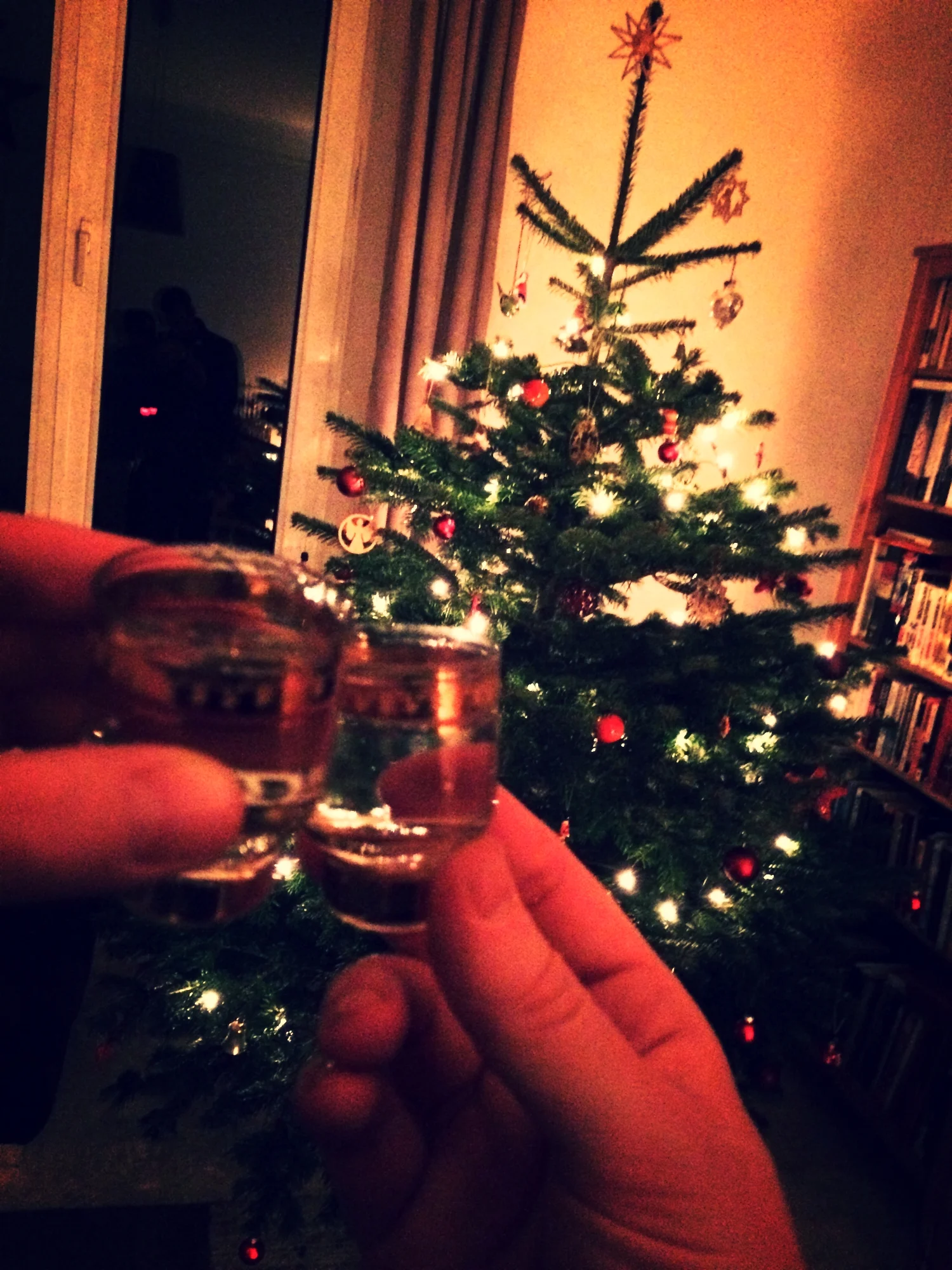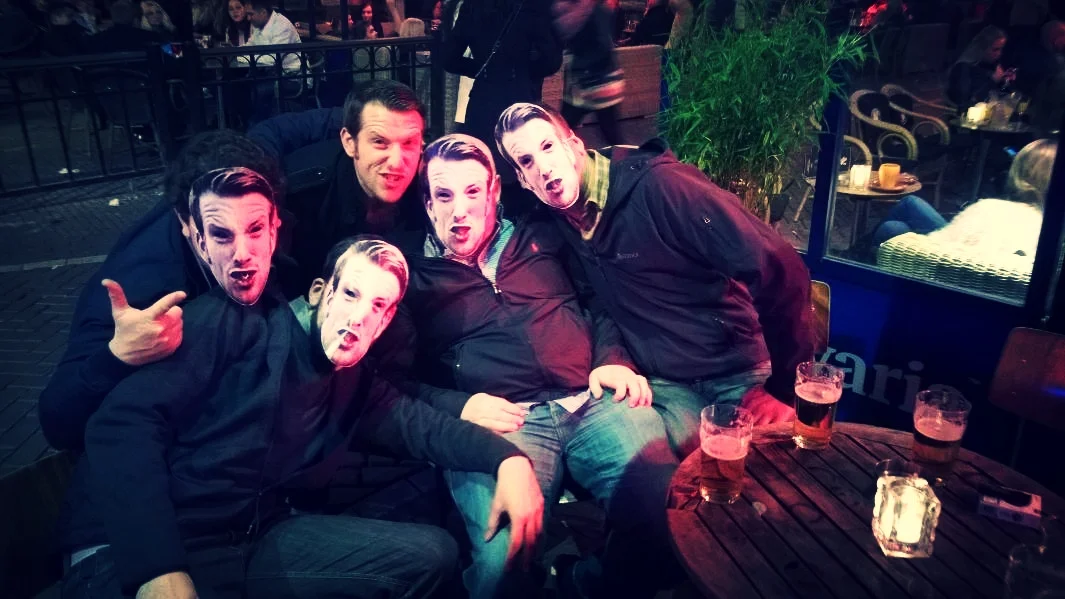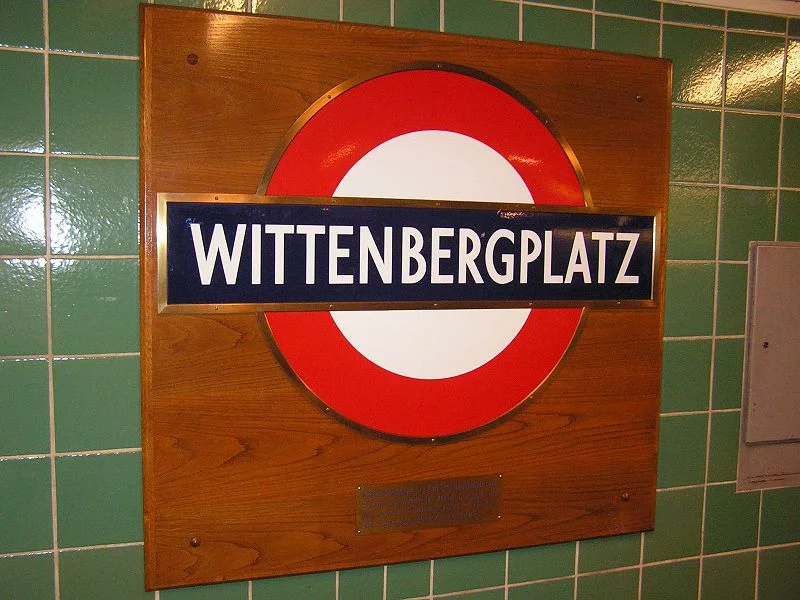5 Little Known Christmas Traditions
Every family has their own Christmas traditions, such as drinking a bottle of Harvey’s Bristol Cream during endless BBC Christmas specials or sending out passive aggressive Christmas letters to family members you never see. Similarly, we have those traditions everyone partakes in, such as mind crippling small talk at the office Christmas party or strangling the life out of a fellow consumer for the last bag of brussel sprouts. We also have traditions that we have acquired from other countries, many of which come from Germany. Advent calendars, Christmas trees, Nutcrackers and the carol Silent Night all originate in Germany. Recently, Christmas markets have become commonplace in most UK cities, with Glühwein and Wurst becoming staples of the advent period.
Even in recent times, Germany has been the source of new Christmas traditions. In 2013, sales of Stollen overtook sales of the traditional mince pie in the Uk, which prompted the Daily Mail to exclaim that “The Germans have stollen our Christmas!” and that “German Christmas markets flood the UK's cities”. Bloody migrants, coming here and sharing their nice Christmas traditions. Even though Germany is still providing us with new traditions, there are some that we may hope never catch on. Here are a few of the lesser known traditions that may not travel as well.
My Kingdom for a Tree
I don't want to show off, but I bought my Christmas tree a full two weeks ago. It has been spreading needles and Christmas cheer for the last fortnight. Buying the tree early is not unsurprising in Germany, but whenever I mention that my tree has been put up and decorated German friends and co-workers seem slightly bemused; “Isn't it a bit early?” they all inquire. The reason for this confusion is that although Germans will buy their trees early, 6th of December usually, they remain in storage for most of December. German families won't put up the tree until the 24th December, with forlorn trees sitting outside on porches or balconies. My excitement to put up the Baum and start Christmas as early as possible has led to me fielding a number of questions about the health of my tree:
“Do you need to water it?”
“What about all the needles?”
“Won't it die?”
I've brushed these questions off with the confidence that comes from having a C grade in Biology. “Not if you buy a good one” I declare knowingly. This leaves my audience with the impression that I'm either some kind of Christmas tree buying legend or, more likely, that I'm a blundering buffoon who likes hoovering.
First, Second, Third Christmas
When not enquiring about the life span of my festive fauna, most Germans like to know what I'm doing on my first Christmas day. Initially this question might confuse you, but actually they simply want to know what you’re doing over Christmas. In Germany, as in many other central European nations, Christmas is celebrated mainly on the 24th December. This is referred to as “Heilige Nacht” with “First Christmas Day” on the 25th and the 26th being in turn the “Second Christmas day”. I often have to explain that the UK really has only one important Christmas Day. Explaining the concept of Boxing Day gives me ample opportunities to over embellish the origin of that peculiar name. Currently there are at least eight Germans I know with the erroneous belief it's traditional for the ruling British monarch to square off in a ring against all comers, four other Germans understand it's named after Sir Reginald Boxely-Smyth, the inventor of wrapping paper and one unfortunate women is convinced that on the 26th British people like to hide themselves away in large boxes, occasionally jumping out on the unsuspecting, in order to ward off evil spirits.
Here’s one for the tree
Celebrating Christmas is not restricted to the family. Villages around Germany come together in different ways. The church is obviously a central aspect, with church bells being a constant soundtrack to festivities. If church attendance isn’t your thing, it is common for families to go door to door visiting friends and wishing all a merry Christmas. From this community minded gesture, another tradition has developed. Complimenting your neighbours Weihnachtsbaum (Christmas tree) will result in shots of schnapps being distributed. Be careful though, especially in small villages. Many residents of my wife’s village like to make their own schnapps, which leans towards the rocket fuel side of the alcoholic spectrum. The British are especially prone to problems, because of our desire to engage in absent minded small talk and Olympian drinking. Two or three accidental compliments directed at the tree will see you carried home before the real party has even begun.
No TV and No Beer Makes Nic Something, Something
What could be more of a British tradition than going into a Turkey coma just as the Queen pops her mug on the telly to perform one of her tiresome monologues. Perhaps the tradition of drinking a crate of Fosters before lunch time? Well either way, neither of these things will be occurring in Germany. For one, they don't have the same desire to be ruled by an old lady in a sharp looking hat and for the other the TV is rarely even turned on. Christmas is truly family orientated in Germany, with family members actually enjoying the majority of their time together. My first Christmas with my wife’s family was like The Walton’s Christmas movie, with singing around the Christmas tree and family friendly games. No one swore, cried or tried to kill each other for the TV remote. It was very unnerving. Of course alcohol does play a part, but getting lashed and passing out from over indulging is not an accepted form of celebrating the Lords birthday, despite my attempts to introduce it.
Don't Carp On
Filling your boots with Turkey and all the trimmings is considered the best way to celebrate Christmas in Britain. The Germans in contrast are not restricted by just one meal option. Goose, Turkey, Steak, Chicken or some kind of roast could be on the menu. Wurst, as you would expect, is also a popular option. For the more exotic there is the option of Raclet or Fondue. One of the traditional options is to eat carp on the 25th, which might not sound so festive, but they do at least make it wear a little Santa hat. Actually, this isn’t as odd as it sounds. Carp is the main component of many European Christmases, Poland, Slovakia and the Czech Republic all partake in the fishy tradition. Since Germany has more than one Christmas day, families will travel to distant relatives for marathon eating sessions. After three days of non-stop eating, it’s not uncommon to see the neighbours rolling around the streets like the Weebles.













